Only a few observers of the Catholic Church electoral process, mostly naive ones, would have expected last week’s election of the new pope to produce a radical choice after the death of Francis.
The quick election of Robert Prevost, however, offers the best chance to accelerate the reforms started by Francis.
In the run-up to the election of Prevost, the American pope to be known henceforth as Leo XIV, there was wide speculation that the cardinals would use the opportunity of electing a new pope from the Global South.
Possibilities included selecting someone from Africa, a continent that has a significant Catholic population but had, like North America, never supplied the main occupant of the Vatican City.
Even more implausible was the expectation that the next pope would come from the US. But it did happen, and this has to be welcomed.
Having worked in Peru for a decade, his election augurs well for the pro-poor agenda and the ambitious reforms initiated by his two immediate predecessors — Francis, and Benedict XVI before him.
A narrow readout of Leo XIV would be to define him as the first American pope. This would be a mistake, and would not do justice to his rich credentials. This narrative has to be discouraged.
The news of his election coincided with the announcement of a new UK-US trade deal by 10 Downing Street and the White House. Still, this failed to eclipse the momentous occasion of his election.
Donald Trump, America’s 47th president, found himself compelled to acknowledge this seismic event. He congratulated him, and expressed the wish for further dialogue.
That dialogue is unlikely to be a pleasant one. Trump’s deputy, JD Vance, was one of the world leaders to see Francis after his short-lived recovery from double pneumonia before his demise.
Though both Catholic, Francis and Vance were pleasant to each other, but parted without agreement after their brief encounter.
Among many points of disagreement was the Trump administration’s approach to immigrants, minorities and the poor. In the end, they agreed to disagree.
Leo XIV is cut from the same cloth as Francis. He cares deeply about the poor (most of whom live in the Global South), and detests war.
In his postelection speech, he spoke eloquently about peace and peacemaking and the role of the church in the world. The latter was more expansive than his predecessor’s diversity posture.
On the face of it, the pro-peace messaging ought to resonate with Trump’s antiwar ideology. But that will be a superficial read.
Trump’s idea of peace is different from Francis or his successor’s. The latter believe Israel’s force against Hamas-run Gaza has been excessive, and that Russia’s aggression against Ukraine is to be condemned. Trump doesn’t share these perspectives.
In Trump’s formulation, Ukraine has to give up some of its territory to Russia. This will be an immediate source of tension between Trump’s administration and Leo XIV.
There are also significant differences between Francis and Leo.
While both share the same ideological home, the differences are important to note.
Both men were anguished by the sex abuse scandals that engulfed the Catholic Church. They were equally embarrassed by the chaotic finances of the church.
In his rejection of the establishment’s social distance from the poor, Francis chose a more modest lifestyle, including living in a humble house and cooking for himself. He also asked to be buried among the poor.
This was extreme. This is unlikely to be the path followed by Leo.
Yet, the agenda of his mentor is likely to be carried forth.
While the Global South may be understandably disappointed that one of their own was not chosen to succeed Francis, their agenda remains alive in Leo. He carries the best prospects of finishing Francis’s to-do list, especially cleaning up the financial sleaze, tackling the sex abuse and embedding the church among the poor.

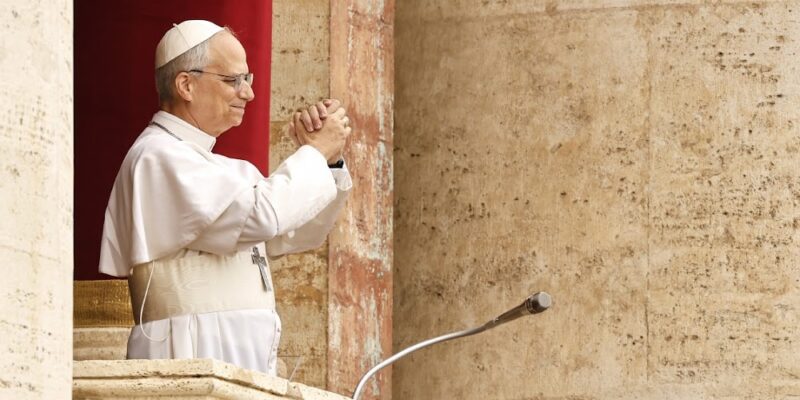

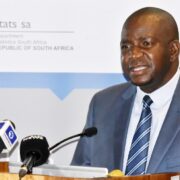

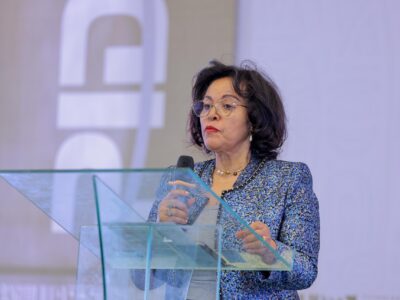

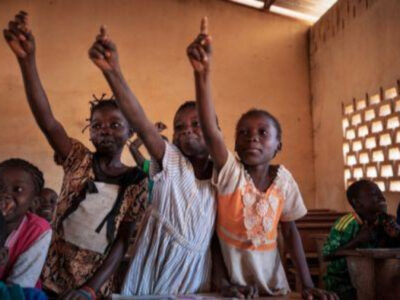
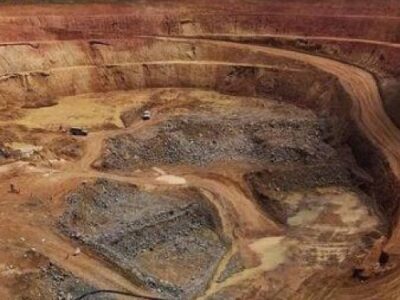

Comments